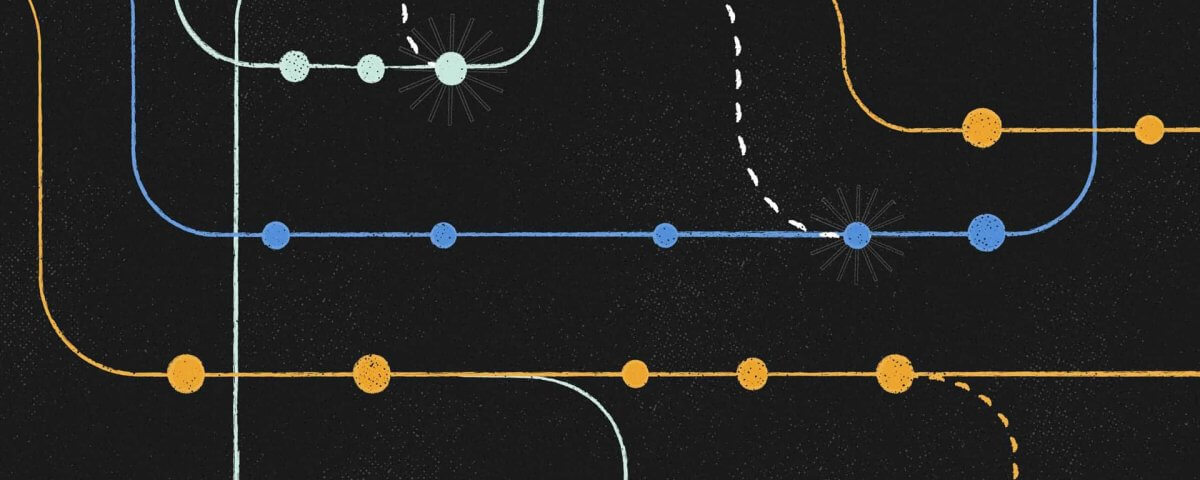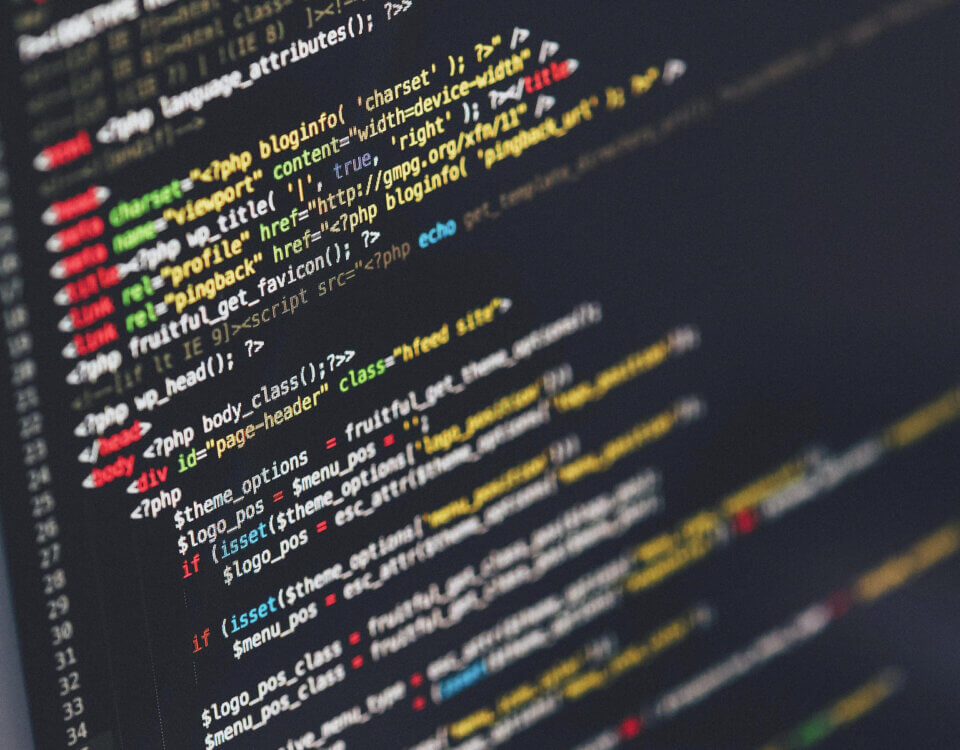
Why Is There No Coffee In FLASK?!
April 25, 2022
A Web Developer’s UI/UX Resource Arsenal
May 9, 2022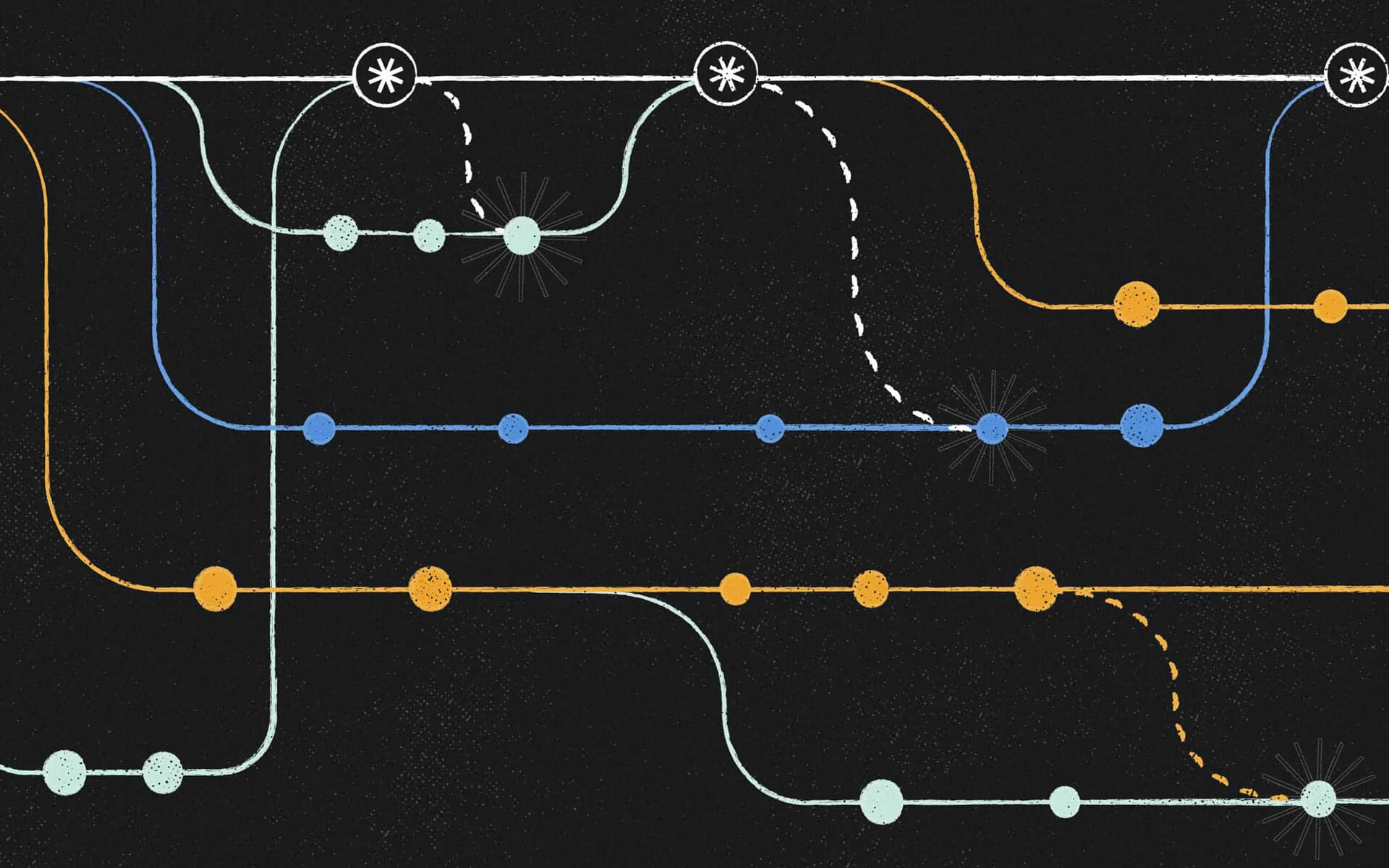
Ever since the Silicon Valley tech boom ICT skills have been in ever increasing demand. Today it is easier than ever to learn how to code. Governments and technology companies are actively encouraging young people to take on programming as a hobby since they see it as a great way to drive down unemployment and tech salaries. And it really is easier than ever to learn how to code with how far the internet has come, you can get free online tutorials, books and software available on the internet just one googles search away.
Two decades ago, a college degree was almost a guarantee to early life success, however today it has become nothing more than a steppingstone. Recent graduates are finding the job market more and more competitive than ever which has led to an increasing number of young people choosing IT as a career rather than opting for a traditional engineering, business or finance career. Thus, software development has become a career not just for the typical “geeks” but also for the mainstream.
As an IT student that has just completed my final year, I can confirm that there are three skills that IT students wish they knew earlier or a lot sooner.
- Version Control.
- API Programming.
- Unit Testing.
Today we will cover version control.
Version Control
There are two general types of version control: centralized and decentralized.
Decentralized version control is more complex than centralized version control. However, it runs faster, has more features and fewer errors. The big difference between decentralized version control and centralized version control is that it has just one repository.
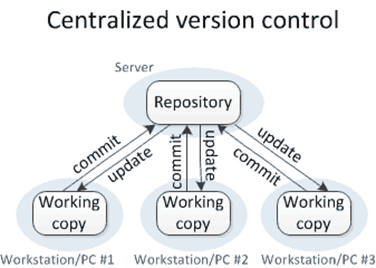
In centralized version control, each user gets his or her own working copy, but there is just one central repository. As soon as you commit, it is possible for your co-workers to update and to see your changes. For others to see your changes, 2 things must happen:
- You commit
- They update
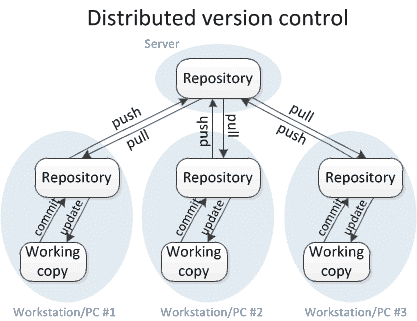
In distributed version control, each user gets his or her own repository and working copy. After you commit, others have no access to your changes until you push your changes to the central repository. When you update, you do not get others' changes unless you have first pulled those changes into your repository. For others to see your changes, 4 things must happen:
- You commit
- You push
- They pull
- They update
Notice that the commit and update commands only move changes between the working copy and the local repository, without affecting any other repository. By contrast, the push and pull commands move changes between the local repository and the central repository, without affecting your working copy.




